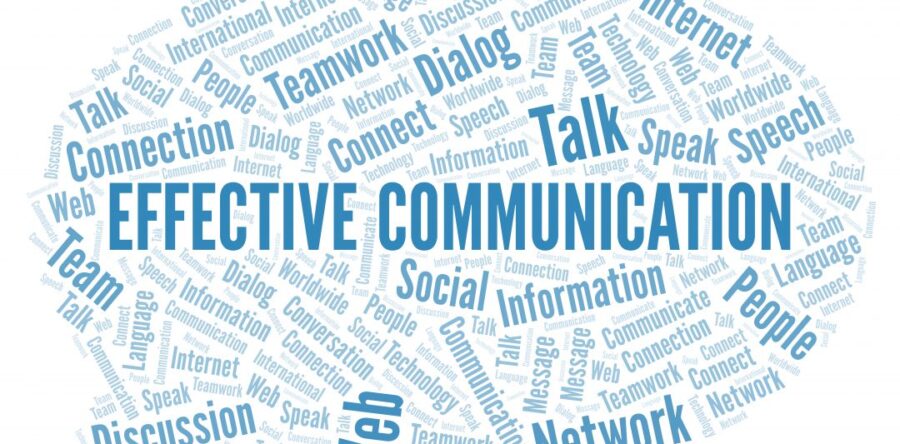- Listening deeply and without judgment helps you understand the emotions and intentions behind the spoken words so that the person speaking feels heard and understood. Listening without judgment is NOT waiting for your turn to talk or rebuttal what your partner is saying. There is a story about a world leader who attended Harvard’s world-renowned Program on Negotiation. His cohort had been awaiting his return with great anticipation. When he returned to his country, they eagerly quizzed him, “Tell us what you learned.” He paused, deep in thought for more than a minute, and then replied, “I learned to listen.” I am fond of asking my clients and training attendees, “Do you know why we have two ears and one mouth?” They usually look at me puzzled and shrug their shoulders. I say, “It is because effective communication is more about listening than talking.” Author Roy T. Bennett captured this when he said, “The greatest problem with communication is we don’t listen to understand. We listen to reply. When we listen with curiosity, we don’t listen with the intent to reply. We listen for what’s behind the words.”
- Managing your emotions when you are feeling stressed, overwhelmed, or out of control can cause you to respond in ineffective ways like interrupting, talking over, shouting, being defensive or aggressive, with body language such as clenching teeth, raising fists, crossing arms, shaking your head no” when you are saying “yes,” stonewalling, and withdrawing. The apps Calm and Head Space are helpful resources for learning how to manage your emotions.
- Mirroring to your partner what he is saying is accurately reflecting the content of the message your partner is sending. You can paraphrase what you heard, saying it in your own words, for example, “What you are saying is…” and repeat or paraphrase what you heard. Then say, “Do I have that correct?” If your partner says, “Yes, that is correct,” you can then ask, “Is there anything more you would like to say about that?” If your partner says, “No, that is not correct,” you can say, “Oh, please tell me what you meant,” and repeat the directions in the above paragraph. If you respond before mirroring, it is often your interpretation and may not be accurate. When you mirror what your partner is saying, you can confirm that you understand what your partner meant, and your partner feels understood, which can build a positive rapport between you.
- Showing interest in what your partner is saying by nodding your head, making eye contact, or saying, “uh-huh’ or “yes” lets your partner know that you are focused on what she is saying.
- Asking clarifying questions is also essential to effective communication. For example, you can ask, “What do you mean by ___.”
Below is one of my favorite handouts that I share with my clients, so they don’t think they are the only ones who need to improve their communication skills. It illustrates how complicated effective communication can be.
Nine Possibilities
Between what I think, What I want to say, What I believe I am saying, What I say, What you want to hear, What you hear, What you believe you understand, What you want to understand, There are at least nine possibilities for misunderstanding. ~ François Garagnon, 20th Century French Jurist
As a further resource, I recommend Messages – The Communication Skills Book by McKay, Davis, and Fanning
Collaborative Divorce Coaches are communication experts and can help you learn effective communication for your divorce process and the future. Many clients who chose the collaborative divorce process say if earlier in their marriage, they had known the communication skills their divorce coaches taught them, they might still be married. They are grateful that they can model better communication for their children.
About Carol Hughes
Carol Hughes, Ph.D., LMFT, works with divorcing clients as a Collaborative professional to alleviate current as well as future trauma via healing and empowerment. Carol has extensive training and experience with the Collaborative Divorce method and many issues divorcing couples face including trauma recovery, chemical dependency, and domestic violence.
Carol's Profile | Carol's Website




Thank you for this post, Carol. Clear communication is so important and so difficult. As much as we talk, we hardly communicate. I’m going to print the handout….
great article. I plan on sharing with clients but also couples who are not getting divorced but struggle with communication. thank you for your great insight.
Thanks, Carolann and Cathleen. I appreciate your feedback and glad you found the article and handout helpful.